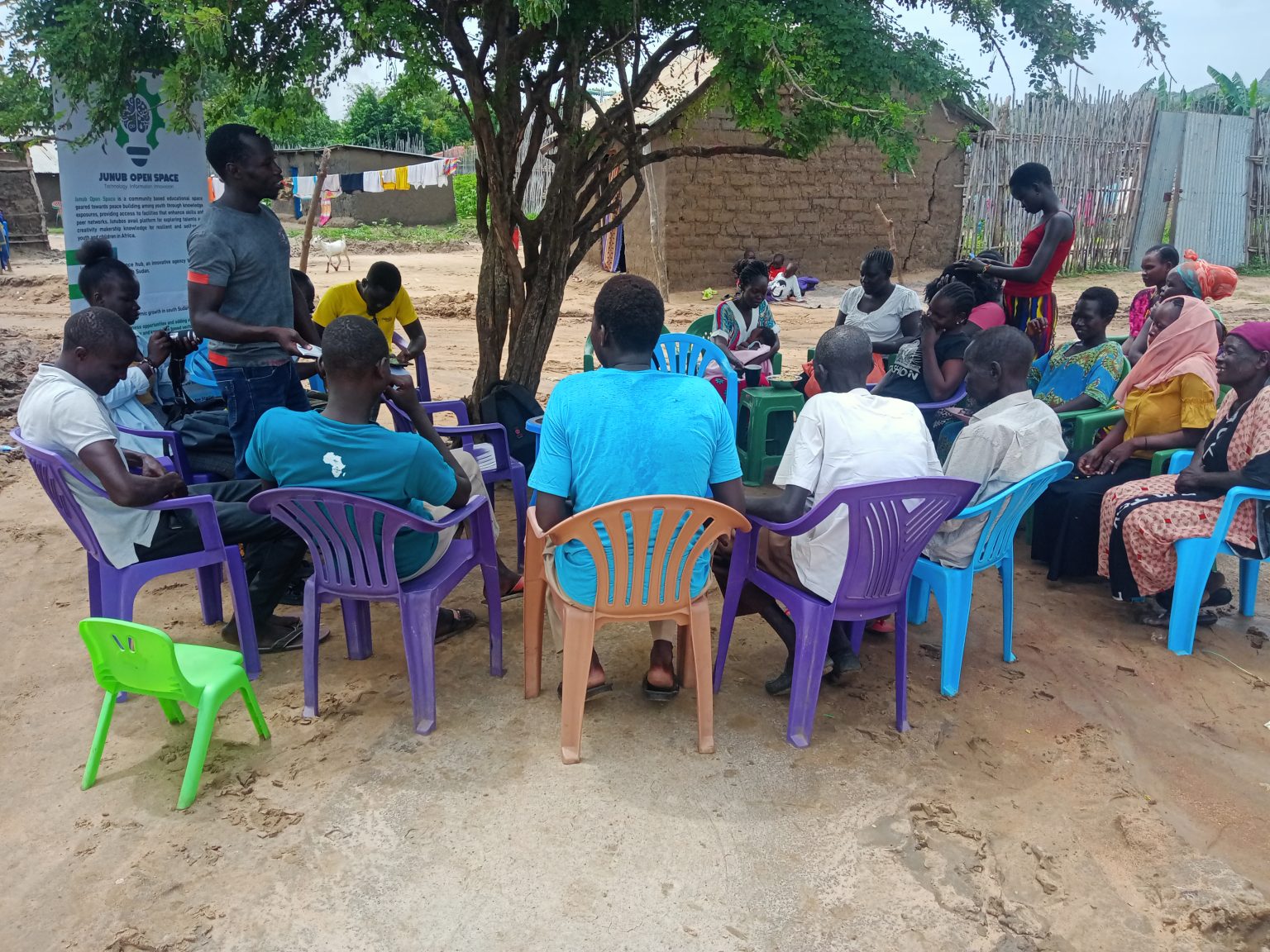advertisement
NGOs Conclude South Sudan Training on Countering Digital Disinformation

The Collaboration on International ICT Policy for East and Southern Africa (CIPESA) with support from the Africa Digital Rights Fund (ADRF) and, DefyHateNow have concluded a six months training in South Sudan, on knowledge and skills-building project, to counter digital disinformation and hate speech.
The training which took place in the Capital Juba, according to CIPESA’s Press Release, was aimed at complementing digital rights and cyber security advocacy groups in South Sudan.
“Disinformation thrives in conflict situations and in the world’s youngest nation, South Sudan, years of political uncertainty have cultivated a severe information disorder. In the face of another postponement of elections, community peacebuilding including through debunking disinformation is critical to the country being able to stave off hate speech and incitement to violence”, reads CIPESA’s statement in part.
According to the United Nations Development Programme (UNDP), word-of-mouth remains the most prevalent source of information for the masses in South Sudan. However, with increased mobile and internet penetration, an explosion of user-generated content has created an environment where rumors fueled by social media take hold offline and become difficult to counter.
“I loved it. We would like it to be regular; it should be a module in South Sudanese schools like universities and training for professionals,” said a trainee.
Select training beneficiaries were awarded fellowships through which they received more in-depth training and applied the acquired fact-checking and digital rights advocacy skills as part of placements within 211 Check and Safety Communication teams.
“The network that I have created as a result of this fellowship, both locally within the country and internationally, will help me to remain relevant and focused on fact-checking and digital rights. said a fellow and Program Manager at Junub Youth Action Network (JYAN).
“It has shaped and broadened my ability to confidently take on the tasks of fact-checking and research in the disinformation paradigm. The fellowship has empowered and equipped me a lot in fact-checking, both theoretically and practically, with hands-on tools,” said a fellow and student at the University of Juba.
In addition to the training and fellowships, four radio talk shows on Advance Youth Radio and two virtual meetings were hosted to raise wider awareness about disinformation and hate speech.
“Discussions also explored the challenges related to the Computer Misuse Order 2021, with a representative from the telecom services provider MTN speaking about the company’s efforts to uphold data privacy and overcome fraud”, adds the CIPESA statement.
Moreover, together with Junub Open Space, a local National Nongovernmental Organisation (NNGO) in Juba, DefyHateNow hosted five editions of “Salaam Fi Bet” (Peace at Home), a community-centered discussion on trust circles for information verification.
Up to 107 individuals (62 percent women) from five neighborhoods in Juba attended the discussions.
DefyHateNow’s ADRF-supported project builds on initiatives spearheaded by UNDP to tackle Covid-19 related misinformation and the Sentinel Project, which addressed hate speech and misinformation at the peak of the civil war in the East African country.